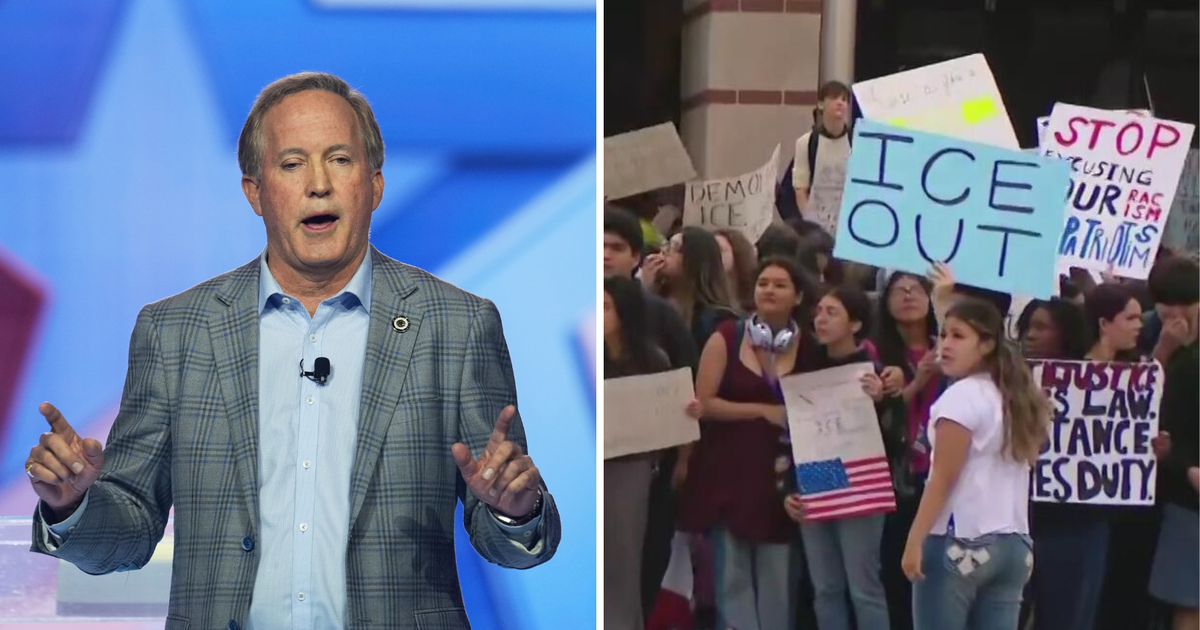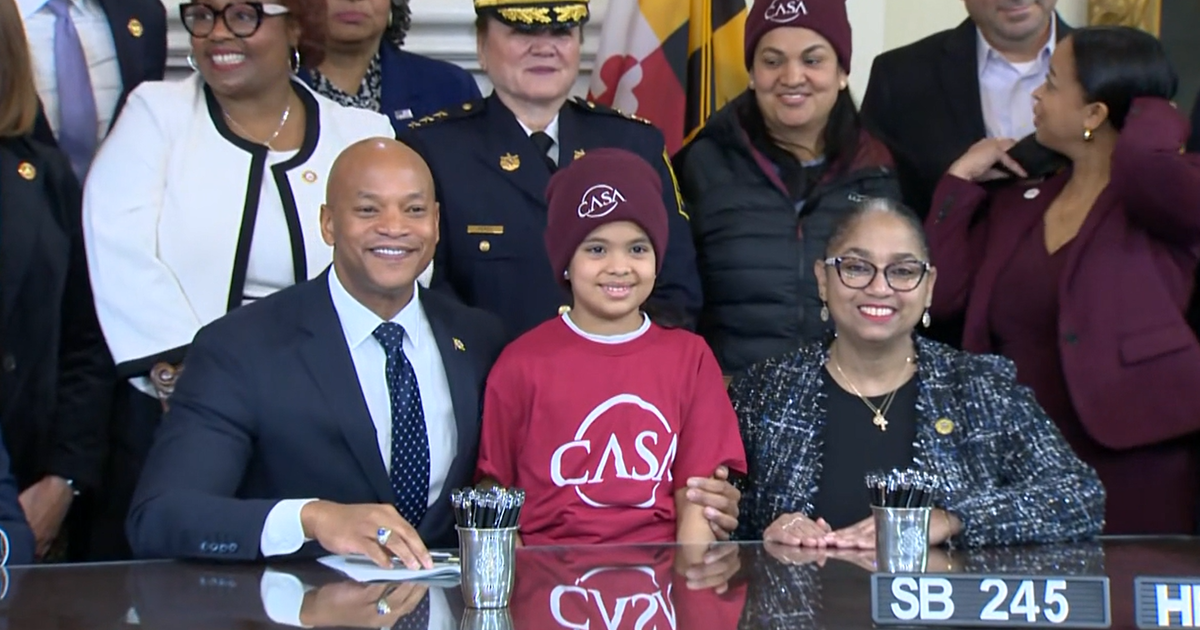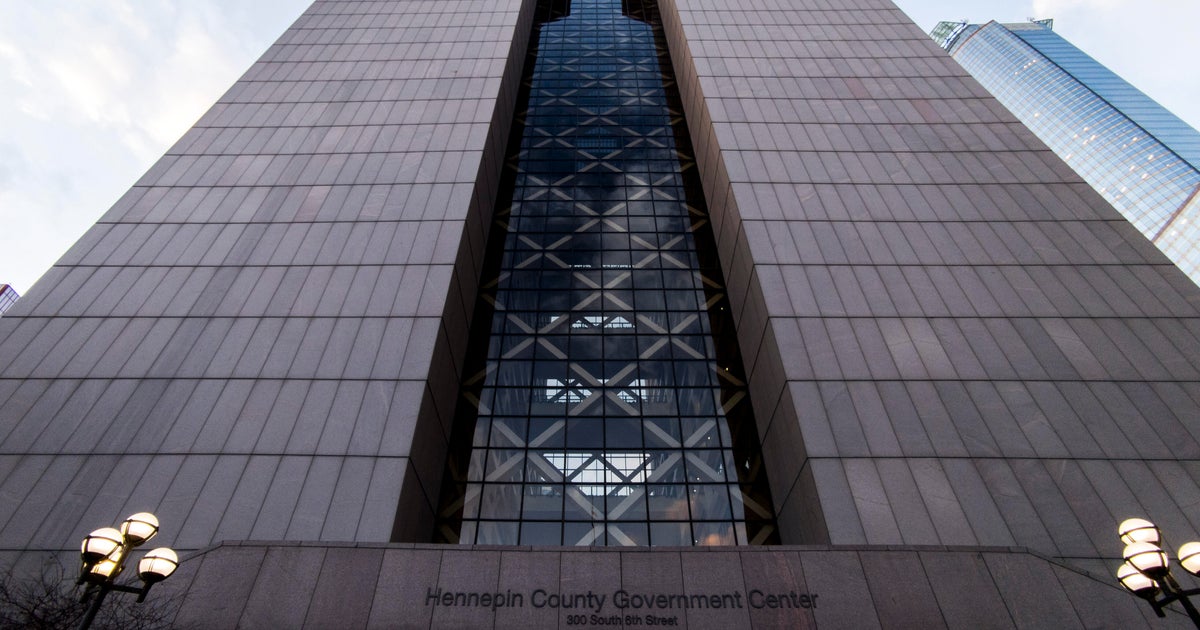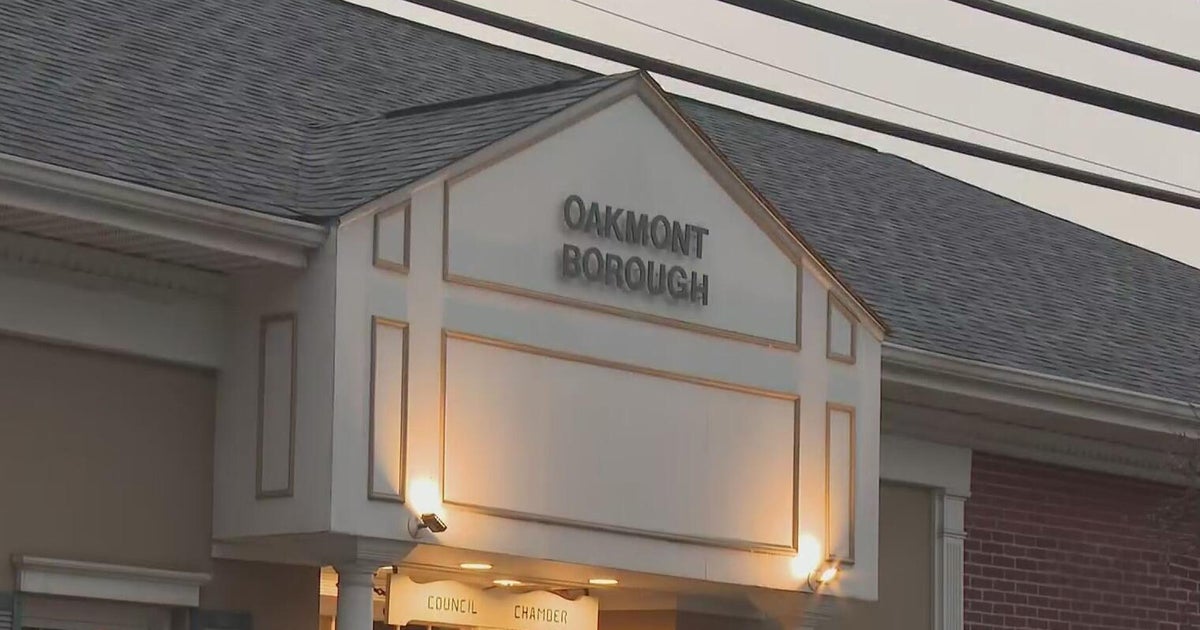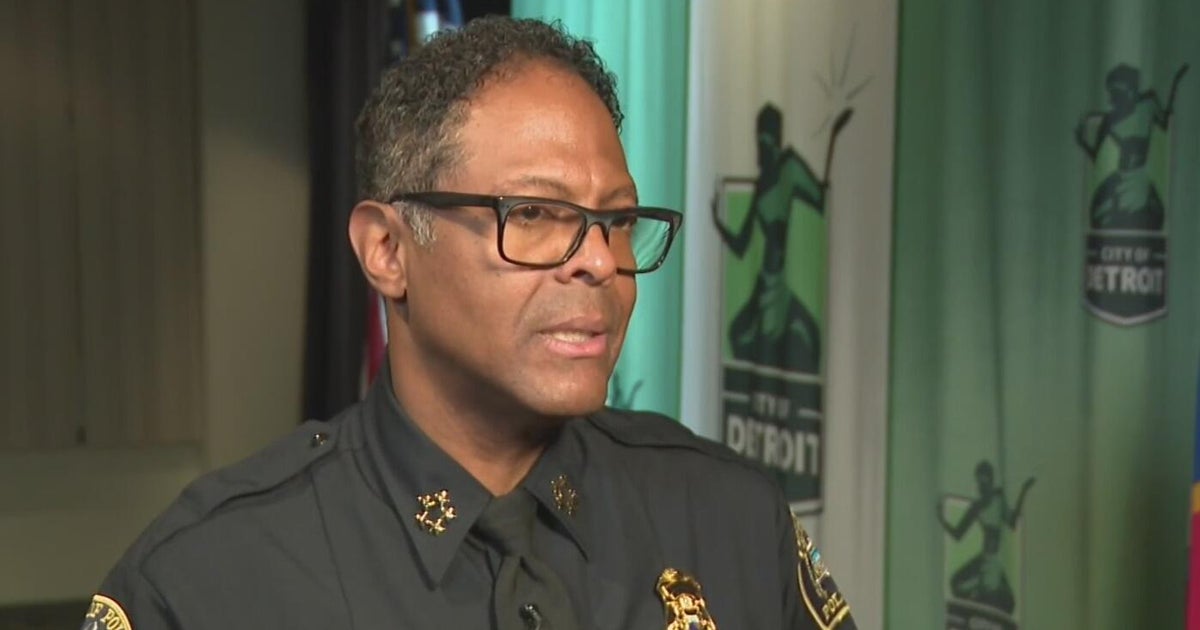Court: Texas Can Enforce More Of 'Sanctuary Cities' Law
AUSTIN, Texas (CBSDFW.COM/AP) — Texas can require law enforcement to comply with requests from federal immigration authorities to detain people in local jails for possible deportation under a new "sanctuary cities" law supported by the Trump administration, a federal appeals court ruled on Monday.
But lawyers for big cities and civil rights groups suing over the immigration crackdown, signed by Republican Gov. Greg Abbott in May, predicted the effect would be limited and unlikely to drastically change the status quo.
The unanimous ruling by a three-judge panel in New Orleans was hailed by Republican Texas Attorney General Ken Paxton as allowing the state to "enforce the core" of the law. The decision by the 5th U.S. Circuit Court of Appeals comes nearly a month after a lower court judge blocked most of the law.
That ruling was a victory for Houston, Dallas, Austin and other major Texas cities that call measure known as Senate Bill 4 unconstitutional and warn that it will have a chilling effect in immigrant communities.
"We are pleased today's 5th Circuit ruling will allow Texas to strengthen public safety by implementing the key components of Senate Bill 4," Paxton said in a statement.
Nina Perales, an attorney for the Mexican American Defense and Legal Education Fund who is also representing the cities of San Antonio and El Paso, said the ruling appeared to leave room to simply follow existing polices and stopped short of demanding that every detainer must be granted.
"I don't read this decision as making all detainers mandatory," she said.
ACLU attorney Lee Gelernt also said the ruling "significantly narrowed" what is allowed to take effect for now. The decision is a temporary ruling until oral arguments that are set in front of the appeals court in November.
U.S. District Judge Orlando Garcia had blocked much of the law on Aug. 31, a day before it was to take effect. The measure roiled the Texas Legislature throughout the spring, culminating with one Republican legislator calling federal immigration agents on protesters who held signs saying they were illegal, and telling a Democratic colleague who pushed him during an argument, that he would shoot in self-defense.
U.S. Attorney General Jeff Sessions has praised the Texas law and the Department of Justice filed arguments in support of it, as did several attorneys general from other states.
The law's opponents argue it violates the Fourth Amendment by requiring police to detain people suspected of illegal immigration without probable cause. They also say it illegally puts local police in the federal role of immigration enforcement officers, and is unconstitutionally vague as to exactly when a local law enforcement officer would be in violation of the law.
Jose Garza, an attorney for the Mexican American Legislative Caucus, acknowledged that the state now potentially had room to pursue penalties against chiefs or sheriffs who don't comply.
Supporters of the state law say immigration officials have already determined probable cause when they seek to have local officials detain someone. They also argue that federal and local officials have a long history of cooperation on immigration matters and that the law is clear in its prohibition against local policies restricting immigration enforcement.
The news is causing plenty of reaction in Fort Worth, a city where leaders voted against joining a law suit challenging the constitutionality of the bill.
The ruling of the so called sanctuary cities ban bill maintains the requirement for law enforcement agencies to comply with, honor, and fulfill and immigration detainer request issued by federal immigration authorities.
Daniel Garcia Rodriguez, co-founder of the grass roots activist group United Fort Worth said he disagrees the ruling but was not surprised by it.
"This is one of the things that was to be expected. We know that that appeals court is more conservative compared to others," said Rodriguez.
While the three-judge panel in New Orleans stands by the ruling, Rodriguez says United Fort Worth is getting ready for more action.
"This specific argument could potentially go to the U.S. supreme court and of course we are going to continue to advocate whether its here or New Orleans or Washington D.C."
AG Paxton said he believes SB4 will ultimately be found constitutional and legal.
(© Copyright 2017 CBS Broadcasting Inc. All Rights Reserved. The Associated Press contributed to this report.)
